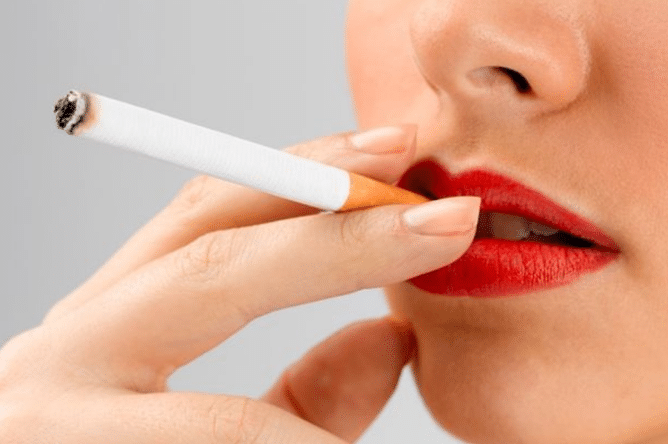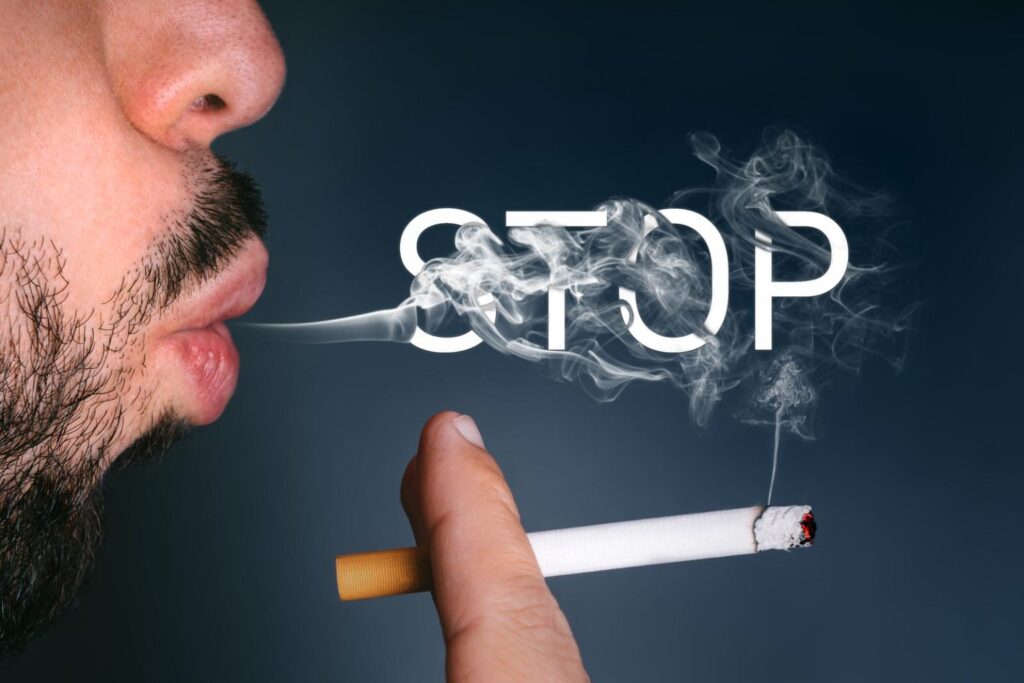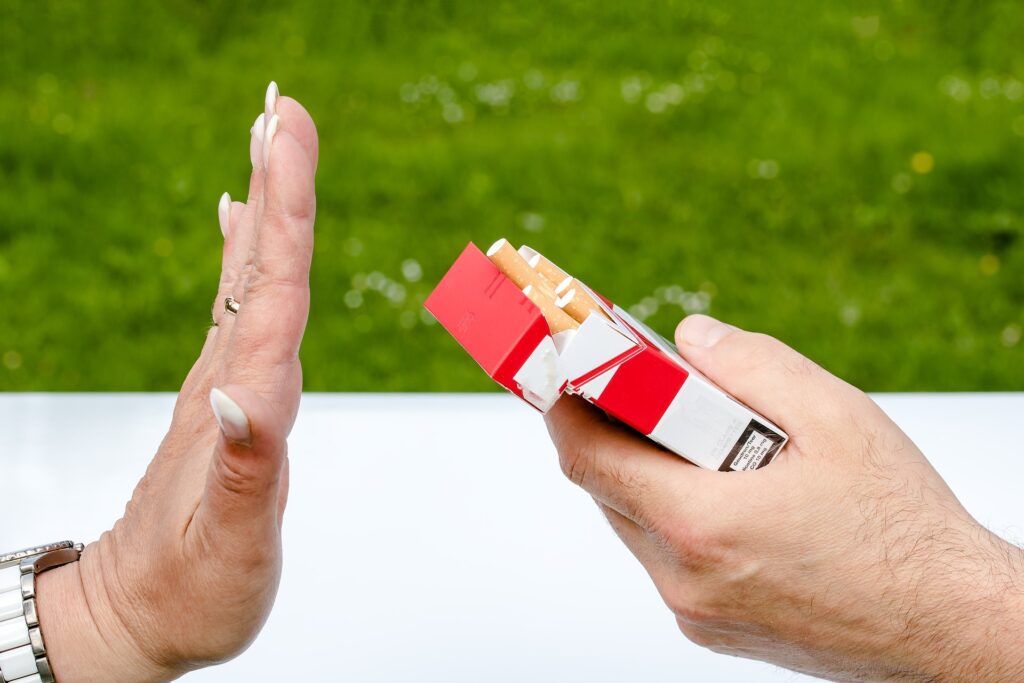In mechanical terms, our lungs can be described as the site of gas exchange: Oxygen–the fuel all the cells and organs of our body need to function–is extracted there from the air we inhale and infused into the bloodstream, to be distributed to other organs and tissues. With each exhalation, we dispose of the carbon dioxide that is the by-product of our bodily processes. In our lungs, in the course of a single day, an astonishing 8,000 to 9,000 liters of breathed-in air meet 8,000 to 10,000 liters of blood pumped in by the heart through the pulmonary artery.
The lungs relieve the blood of its burden of waste and return a refreshed, oxygen-rich stream of blood to the heart through the pulmonary vein.
Lung Cancer
Smoking is responsible for almost 90% of lung cancers amongst men, and more than 70% amongst women. Worse, when you get lung cancer, you’re very likely to die from lung cancer. It’s 92% fatal among men, and 88% fatal among women. Smokers are 10 times more likely to die from lung cancer than a non-smoker. If you’ve smoked since a teenager, the lung cancer rate zooms to nineteen times higher. And men who smoke more than a pack a day have about 20 times the lung cancer rate of non-smokers.
Cigarette smokers also run a much higher risk of being struck by many forms of cancer, including cancer of the mouth, larynx, and esophagus. Cigarette smoking is also associated with higher rates of cancer of the urinary bladder and kidney.
Emphysema
Emphysema is one of several chronic obstructive pulmonary diseases. It causes abnormal swelling and destruction of lung tissue. Lungs maimed by emphysema eventually lose their elasticity. Breathing becomes a continuous agonizing struggle. And there’s little hope for a significant recovery once diagnosed. Lung tissue once destroyed by emphysema can never be replaced, turning its victims into respiratory cripples, who spend agonizing years gasping for breath.
Cigarette smoking is also associated with higher rates of peptic ulcers, stomach disorders, and periodontal disease. Isn’t this a good enough reason to call and make an appointment with your Quit Smoking Wollongong specialist?




